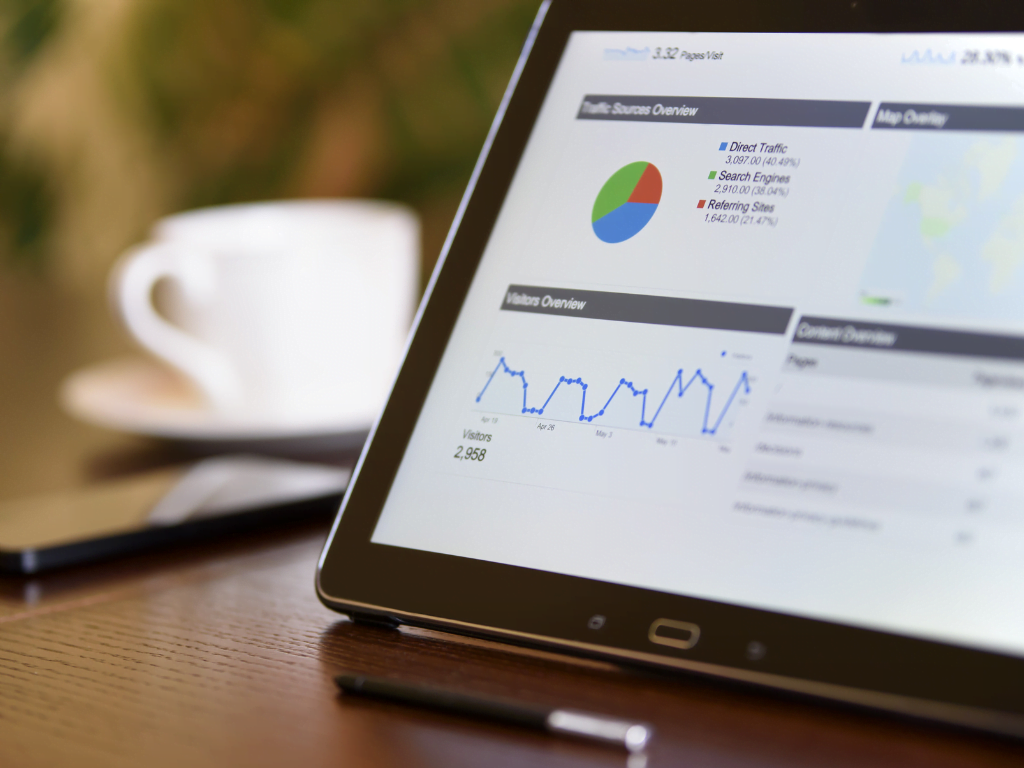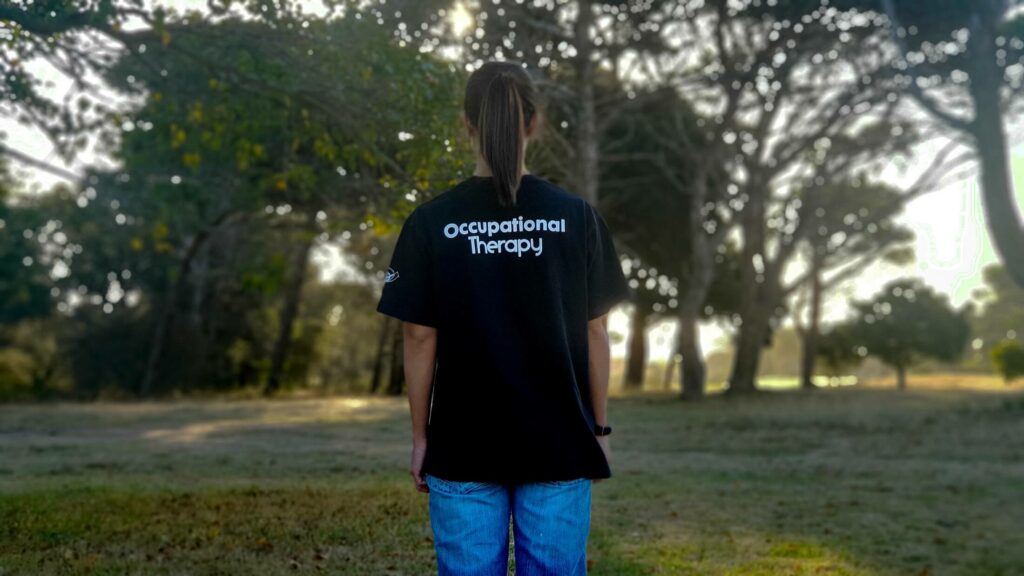Digital marketing is evolving faster than ever in 2025, and many businesses in Australia are feeling the pressure to keep up. Even companies that have enjoyed consistent results in the past are realizing a need to adapt or risk irrelevance. If you’re looking to future-proof your strategies in an era of rapid technological shifts—where voice searches, augmented reality (AR) shopping, and zero-click results are increasingly common—this overview is for you.
1. What Are the Must-Have Baselines for Digital Success in 2025?
Formal Digital Strategy and Maturity
Recent findings reveal that 42% of businesses operate without a dedicated digital marketing strategy, despite the widespread adoption of online channels. This gap in vision often leads to fragmented efforts, missed opportunities, and limited ROI. Data from multiple research sources shows an average digital marketing capability rating of just 2.4 on a 1–5 scale, suggesting that many organisations are underutilising online channels.
For small and medium-sized enterprises (SMEs), aiming for at least level 3 in digital maturity—where digital efforts start to become integrated—is a realistic goal. Larger enterprises or those with heavier digital footprints can set their sights on levels 4 or 5, moving towards highly sophisticated, data-driven systems. The biggest hurdle, particularly among SMEs, remains a lack of resource investment.
Testing and Optimisation
Fewer than 20% of companies employ a continuous, structured testing process for channels, content, and messaging. Regular testing ensures you stay ahead of market shifts and search engine updates. Whether you’re gauging the success of an email campaign or fine-tuning a landing page, structured optimisation can keep your strategy from going stale.
2. Which AI Developments Are Revolutionising Marketing Right Now?
Generative AI as Fuel for Efficiency
Generative AI tools have soared in adoption from 2023 to early 2024. However, about half of businesses have yet to leverage these tools fully. AI-driven solutions—such as chatbots for customer service or content-creation platforms like ChatGPT—enable marketers to do more with less by automating repetitive tasks and streamlining operations.
The AI-Assisted Marketer
Over half of survey respondents are already using AI for essential tasks like copywriting across email, social media, and organic search. AI also aids with forecasting, audience segmentation, and budgeting, helping marketers in Australia address locality-specific trends and consumer preferences, while ensuring compliance with data privacy requirements.
3. How Are Emerging Tech and Channels Transforming Engagement?
Voice Search and Voice Commerce
The surge in popularity of devices such as Google Home, Amazon Alexa, and Apple’s Siri has changed how consumers interact with brands. Voice searches often trigger different sets of results, compelling marketers to rethink their SEO strategies. Voice commerce is evolving from a futuristic experiment to a tangible revenue avenue.
AR/VR for Immersive Customer Experiences
Global brands like IKEA and Sephora leverage AR to let customers try before they buy, transforming product discovery and reducing uncertainty. In Australia, AR and VR can help build a unique bond with potential buyers by offering immersive interactive experiences.
4. Is Personalisation the Key to Consumer Trust?
Strategic Content Marketing and Hyper-Personalisation
Content strategy is a cornerstone for many organisations. Techniques now extend beyond mere name personalization in emails. With generative AI and data analytics, brands can deliver individualized recommendations across multiple digital touchpoints, ensuring consumers feel understood and valued.
Influencer Marketing in 2025
Shifting focus from mega-influencers to micro- and nano-influencers reflects a growing consumer preference for authenticity. Local Australian businesses can benefit from partnering with influencers who have close-knit, engaged communities rather than relying solely on big-name endorsements.
5. Why Is Search Behaviour Evolving So Rapidly?
Zero-Click Marketing and AI in SERPs
Zero-click marketing is on the rise, with rich snippets, related questions, and AI-generated overviews appearing in many keyword searches. This evolution challenges marketers to craft high-value content that stands out even when user clicks are diminished.
The Ever-Receding Cookieless Future
While third-party cookies receive ongoing support with enhanced user management, businesses must fine-tune first-party data strategies. Transparency and user control remain essential as consumer awareness of privacy and data usage reaches new heights.
Carving a Path Forward in 2025
Navigating the top 10 digital marketing trends is no small feat. Whether it’s harnessing AI for personalisation, optimising for voice commerce, or adapting to shifting privacy standards, the modern marketer must be agile, data-driven, and creative.
Below is a summary of the suggested digital maturity levels that influence success across these trends:
| Digital Maturity Level | Average Rating (1–5) | Typical Characteristics | Who Should Aim Here? |
|---|---|---|---|
| Level 1–2 | 2.4 (Average) | Minimal formal strategies, ad hoc campaigns, limited resource investment | Many shops just starting out or under-resourced |
| Level 3 | ~3 | Integrated approach with stronger resource allocation | SMEs aiming for improved consistency and efficiency |
| Level 4–5 | 4–5 | Highly advanced, data-driven, continuous testing and optimization | Larger organisations with robust budgets |
With a focus on digital maturity and future-proof strategies, your business can thrive even in a competitive digital landscape.
Should smaller businesses in Australia worry about Generative AI adoption?
Absolutely. Even with limited budgets, AI-driven content creation and analytics help small businesses compete on a larger scale by freeing up staff for strategic tasks.
How does voice search optimisation differ from traditional SEO practices?
Voice search often brings up featured snippets or instant answers that bypass traditional pages. Optimisation requires a focus on conversational keywords, mobile-friendly design, and context-rich content.
Is zero-click marketing diminishing the value of organic search rankings?
While zero-click features reduce direct site visits, securing a high ranking with succinct, valuable content remains crucial for brand awareness and credibility.
Why are micro-influencers more effective now than mega-influencers?
Micro-influencers typically have a closer, highly engaged following, and their authentic, relatable content often resonates more strongly with audiences than traditional celebrity endorsements.
What’s the best step to improve digital maturity quickly?
Conducting regular audits and structured testing can identify gaps in your approach, after which addressing resource constraints and automating tasks with AI tools can create significant improvements over time.




